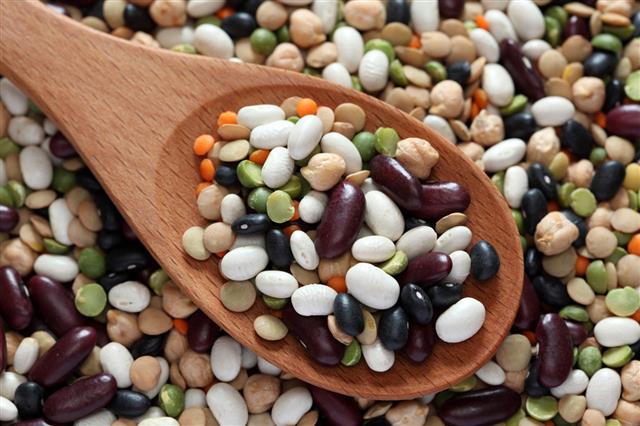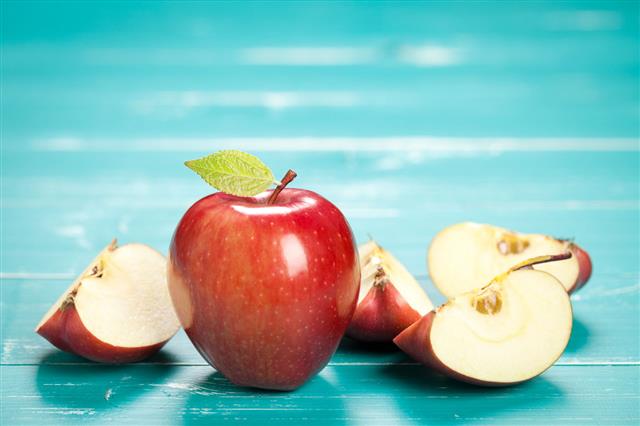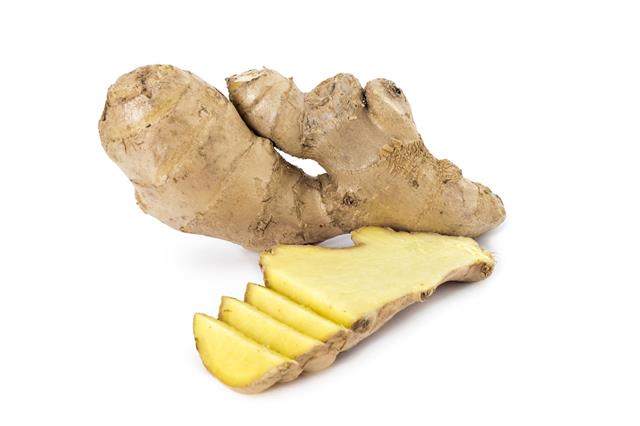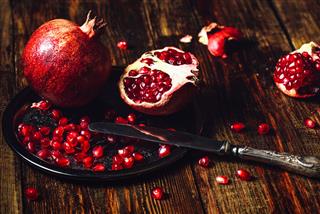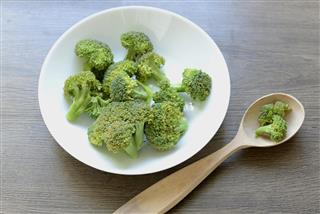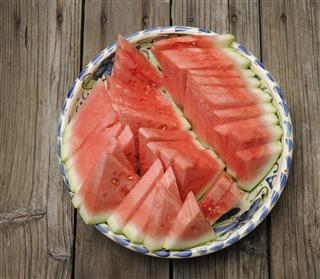
There are various tender breasts causes like an overload of hormones like estrogen and progesterone, pregnancy and premenstrual syndrome etc.
Tender breasts can be felt as heaviness, swelling and a feeling of soreness, especially around the areola, when touched. Tender breast causes are many and usually there is no need to worry unless the soreness continues and pain is experienced in the breasts which tends to increase or there is formation of a cyst or a tumor. Let us now discuss the causes and remedial measures that can be taken to ease the soreness.
Causative Factors for Sore Breasts
There are several causes for tender breasts which may vary from individual to individual. It is not necessary that every woman of the same age group will have the same causes. Given below are some common reasons for breast soreness:
- Experiencing tender breasts before a period is one of the most common symptoms of premenstrual syndrome (PMS). Tender breasts and sore nipples often occur due to the retention of water in the breast tissues. This condition occurs after ovulation and the accumulation of fluid in the breasts resulting in the stretching of the skin, which in turn puts pressure on the other unstretched tissues. This results in soreness of the breasts and sometimes mild breast pain (also referred to as ‘mastalgia’). Tender breasts can also be experienced during menstruation.
- If you are on the pill and you experience tender breasts after a period, then it may be a result of an overload of estrogen, which is called estrogen dominance. This condition results in the tenderness of the breasts. An increase in the estrogen levels during the pre-menopause stage can also be one of the reasons for experiencing soreness in either or both the breasts. In this stage the breasts become so sore and tender that even a slight touch of the finger or fabric can be annoying. Caffeinated drinks and colas tend to aggravate this condition as they contain methylxanthine, a chemical which dilates the blood vessels leading to distention of the tissues.
- When a woman is pregnant, the levels of estrogen and progesterone increase in order to prepare the breasts for breastfeeding. The tenderness of the breasts is more noticeable during the first trimester of pregnancy. The breasts also tend to become heavier and can cause discomfort while doing simple exercises like walking or jogging.
- An incorrect bra size can also cause soreness of the breasts. This cause is often overlooked as women tend to buy the wrong bra size. Wearing a misfit bra can cause discomfort and soreness in the breasts.
- Sore and tender breasts are the symptoms of a condition called sclerosing adenosis,, where extra tissues grow in the milk ducts and breast nodules. At times cysts filled with fluid or semi solid material, fibrous tissues and firm lumps form in the breasts. This condition may tend to make the breasts heavy.
- Mastitis, or inflammation of the breast tissue, is another reason for noticing a sore feeling in the breasts. Other symptoms that characterize this condition are swelling, warmth and redness of the breast. This infection is caused due to certain bacteria, which enter the organ through cracked or broken skin. These pathogens can also enter the milk duct through the baby’s mouth, which then spread to the entire organ and cause soreness.
- Breast cancer can also contribute to the tender feeling of the breasts. Formation of lumps, marked by pain and soreness are some symptoms of breast cancer. As the stages of cancer advance, soreness and breast pain become more prominent.
- Taking certain medications like steroids, anti-inflammatory drugs and hormone replacement drugs can lead to breast tenderness. The tenderness and soreness of breasts can be a result of side effects.
Remedies for Tender Breasts
If you experience an increase in sensitivity in the breasts, take an over-the-counter analgesic to reduce the sore feeling. Wearing a good support bra to support your breasts and avoid sagging will also be helpful. Applying a cold or warm compress to the affected region will help in providing relief. Follow a low fat diet and that is rich in fiber and other vitamins, for reducing the symptoms. You can also take vitamin supplements, but only under the guidance of your physician. Other medication, to treat disorders in the breast and their symptoms, can also be prescribed. The doctor may also advice you to undergo certain diagnostic tests like scans, breast tissue sample, X-ray etc. to check for any other serious disorder that may be triggering pain.
If you experience persistent and unexplained tenderness or soreness of the breasts, then you should get yourself checked by a physician to rule out the presence of any malignancies. Take care!
Disclaimer: This article is intended for information purpose only. Do not use the information presented herein as a substitute for medical practitioner’s advice.
